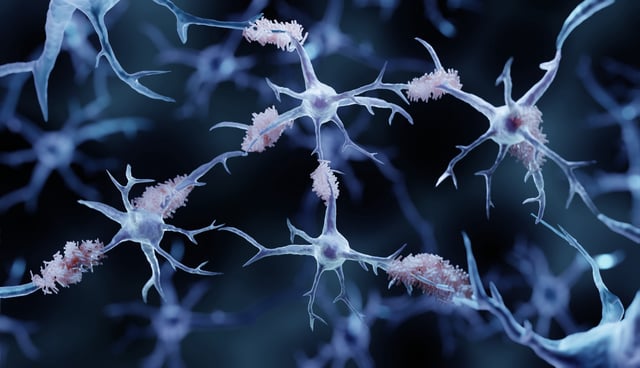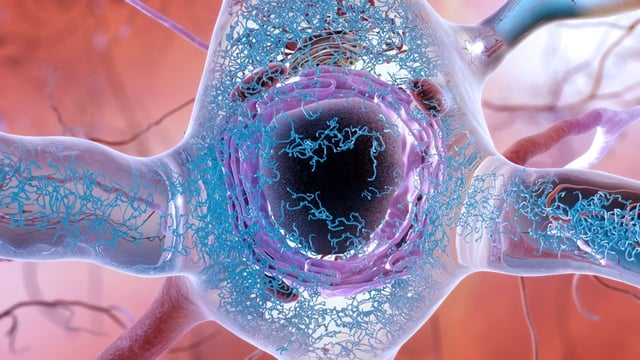Overview
- UC Berkeley researchers discover that neurodegenerative diseases like Alzheimer's may not be caused by protein clumps, but by a failure to turn off the cell's stress response.
- A new drug that forces the stress response to shut down has shown promise in rescuing cells mimicking early-onset dementia.
- The study introduces a large protein complex named SIFI, which cleans up protein clumps and turns off the stress response.
- This discovery challenges the conventional wisdom on neurodegenerative diseases and opens up new avenues for treatment.
- Further research is needed to explore the role of stress signaling in more common neurodegenerative diseases.


